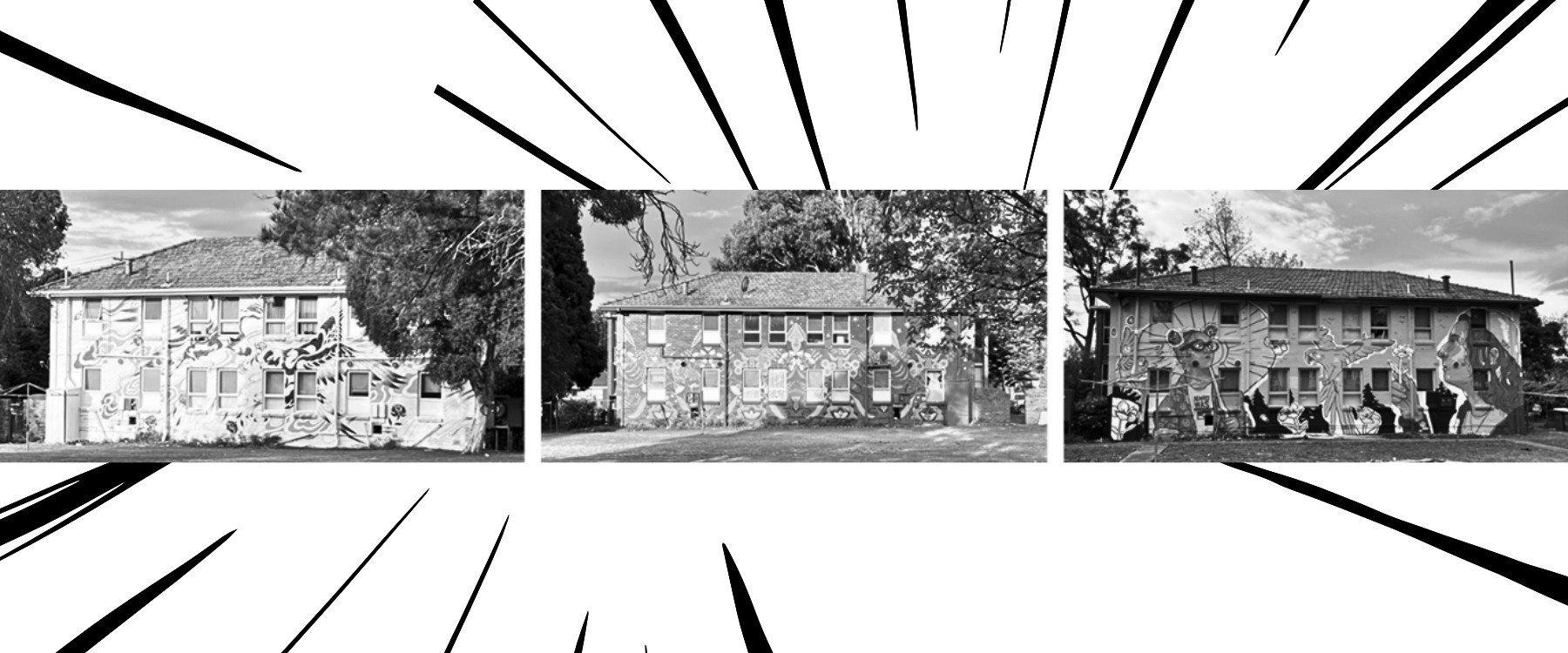Wage theft is facing increased scrutiny after high profile cases in Victoria over the last few years. The problem cuts across many industries from retail and convenience stores to restaurants and fast-food establishments. Wage Inspectorate Victoria (the Inspectorate) was established as an independent regulator in 2021 after a parliamentary inquiry that found widespread wage theft and underpayment of workers across the state, particularly in industries which have a heavy reliance on migrant and vulnerable workers.
Together for good – the client challenge
The Inspectorate’s role is to ensure employers pay their workers fairly under powers set out in the Wage Theft Act 2020. Their work protects people from being paid too little or not receiving the correct entitlements, such as overtime, penalty rates or superannuation.
As a regulator, Wage Inspectorate Victoria’s role spans from promoting compliance (through education campaigns centred on early intervention) and monitoring compliance, through to enforcing regulations and conducting investigations. The Inspectorate can also commence criminal proceedings where sufficient evidence indicates wage theft has occurred.
The Inspectorate has a clear community impact and a growing public profile. In the 2021 – 22 financial year it helped over 15,000 people and more than 286,000 people access the Inspectorate’s online tools. As more people come to learn about the organisation and its mission, the Inspectorate’s public reputation (critical for voluntary compliance) and regard within the authorising environment (imperative for its sustainability) will become increasingly important.
The Inspectorate engaged Cube to help them continue to mature their operations in the face of this growing profile. This included creating new licensing functions and delivering new regulatory frameworks (e.g. ‘gig economy’ regimes). Meeting growing demand presents a genuine challenge, along with an opportunity to explore new capabilities and different ways of working.
Bringing the right thinking and people to the table
The Inspectorate engaged Cube to undertake a review of the organisation’s operating model, as part of the Inspectorate’s ‘Project Future-State’.
Through conversation and engagement, we sought to explore the implications of the Inspectorate’s Strategy and Outcomes Framework and their new role monitoring Victorian Child Safe Standards in workplaces.
We used a combination of engagement methods to draw out varied perspectives and agreed goals, including:
Executive surveys and consults to draw out strengths and opportunities
Executive workshops to test themes and agree areas for focus
Focus groups with staff and senior leaders to co-design future state design options
Workshops with the project team to test and refine improvements
As part of our holistic approach, we also compared the structuring of the Inspectorate’s intelligence functions with a small cross-section of other Victorian regulators. This informed different options for the Inspectorate to consider in creating this function for the first time.
Throughout this engagement, we worked closely with the Inspectorate’s Commissioner and Executive team who were deeply committed to embedding a more proactive regulatory stance across the organisation.
The positive change we delivered
Through direct stakeholder feedback and our strategy, strategic risk and current-state model analyses, we identified six actionable ways for the Inspectorate to bolster its operating model and mature its operations. These actions will strengthen practices and support confidence in the Inspectorate as its public profile continues to expand.
Insights for inquisitive minds
Young organisations with a clear and compelling purpose can harness the shared enthusiasm for its mission by involving staff in future-state design.
Intelligence functions are becoming increasingly important for regulators. They can support a more proactive regulatory stance, and help busy regulators target campaigns.
Improvements don’t always require structural changes – sometimes ‘soft’ links between operational and supporting teams can deliver the coordination and capability needed.
Staged transitions to future-state models build buy-in and ease the change load for staff who already have busy workloads.







